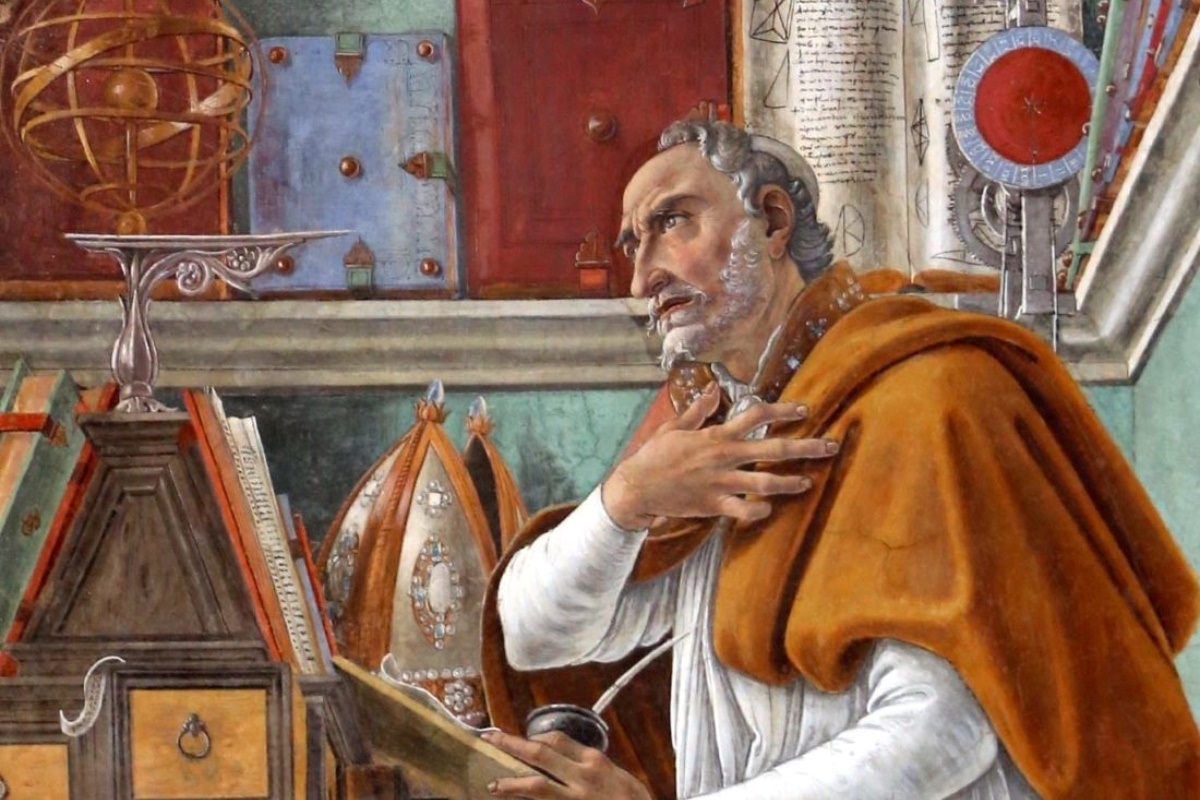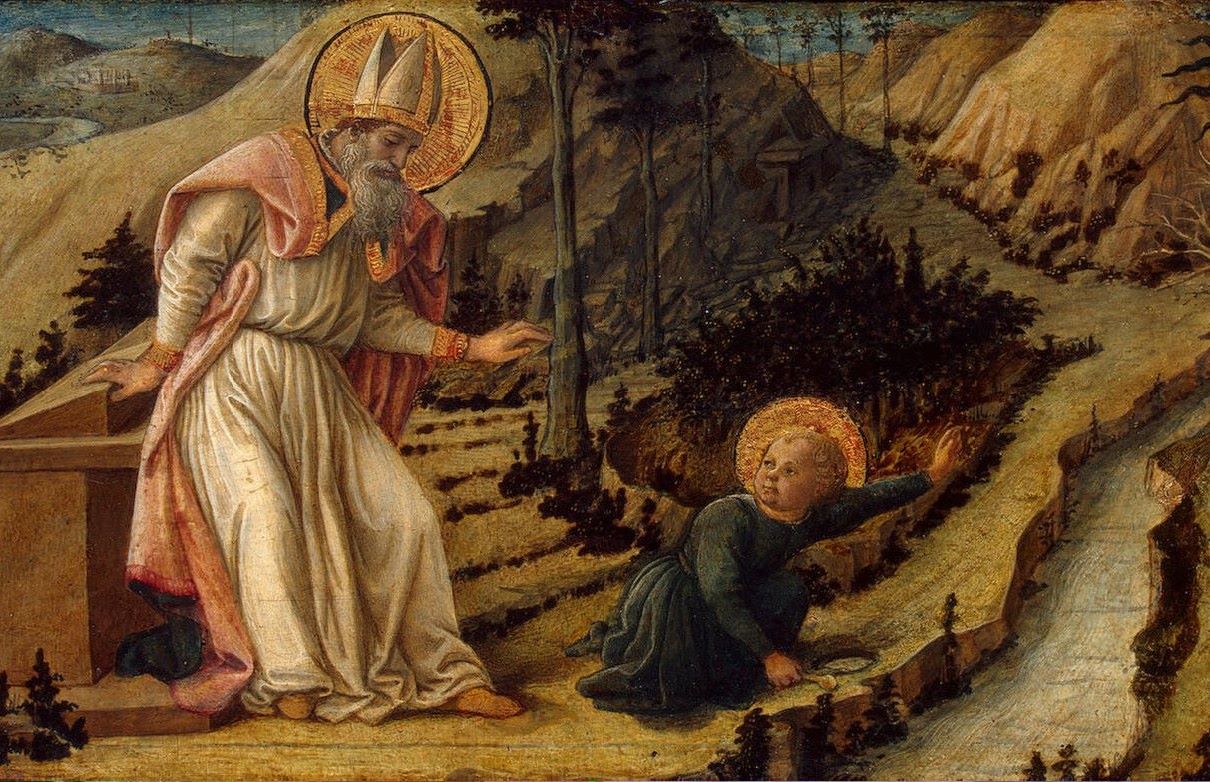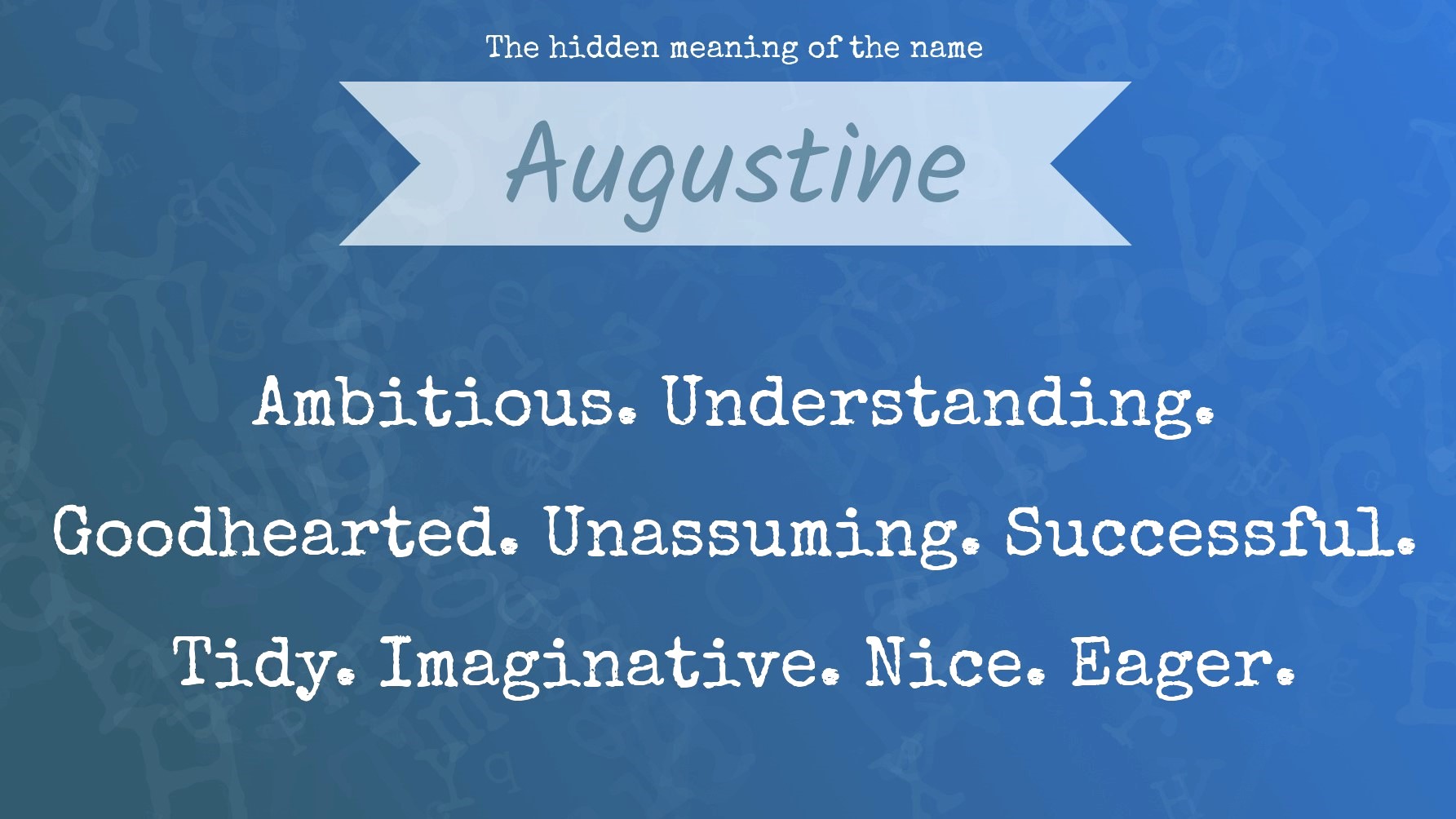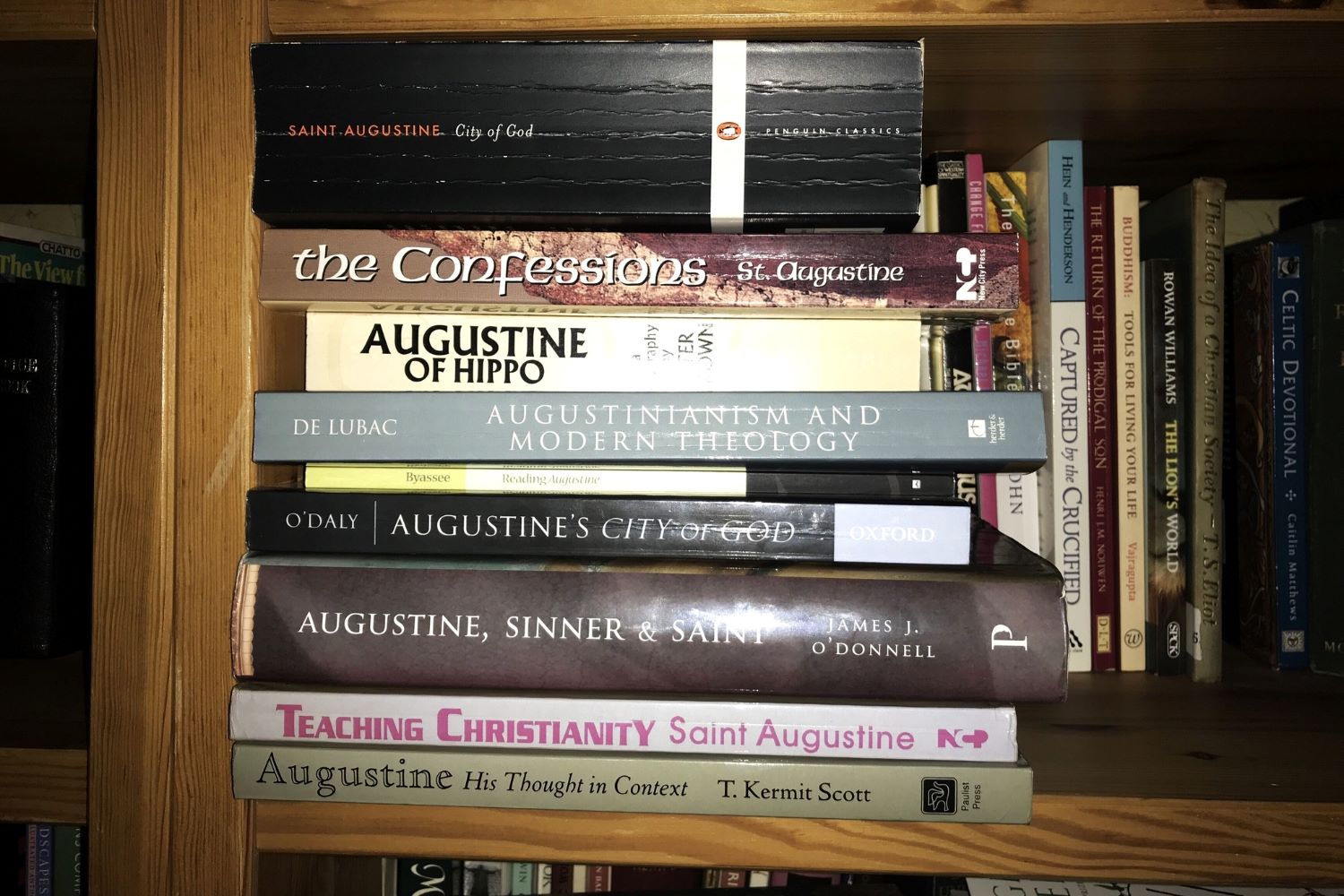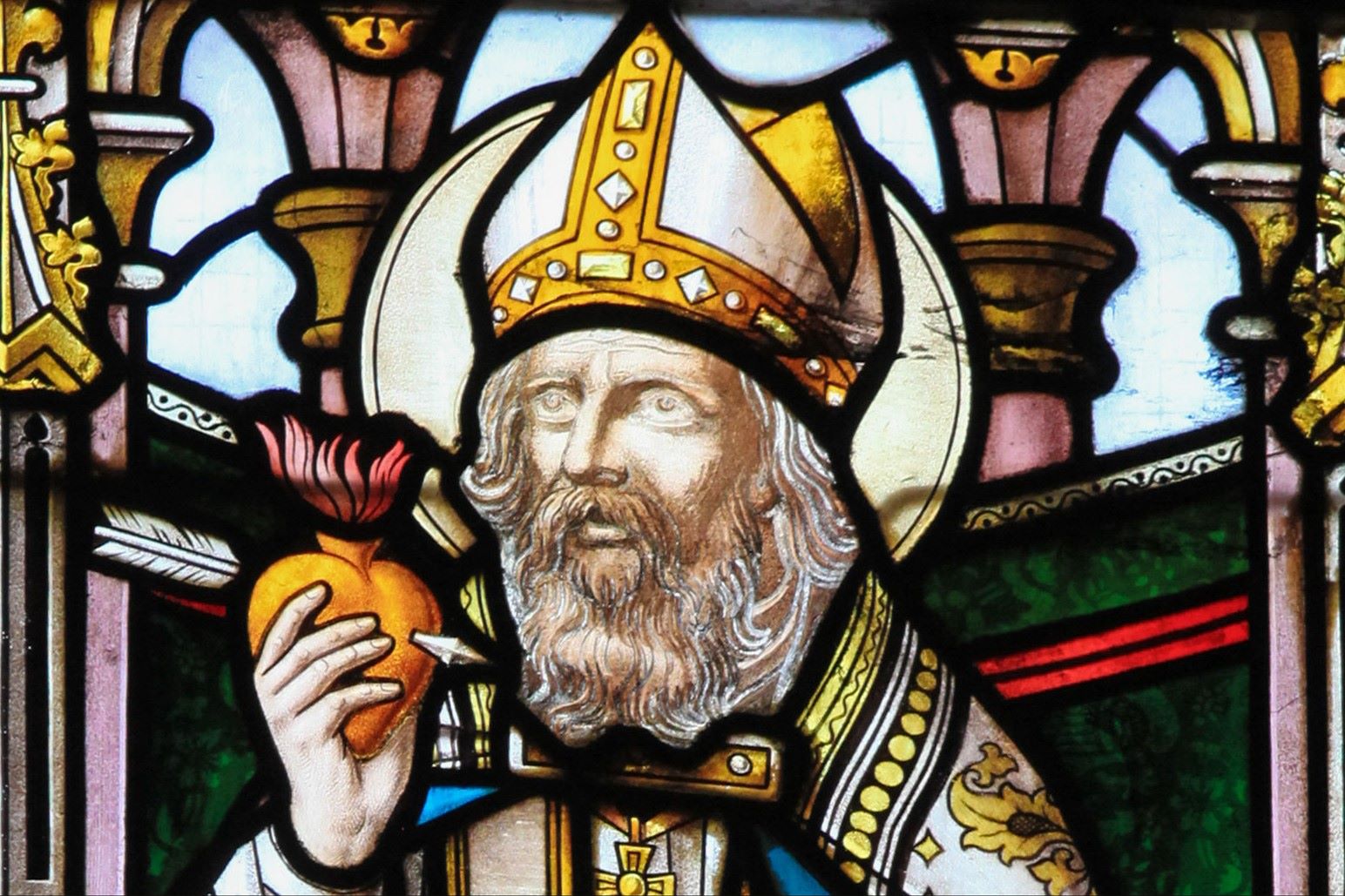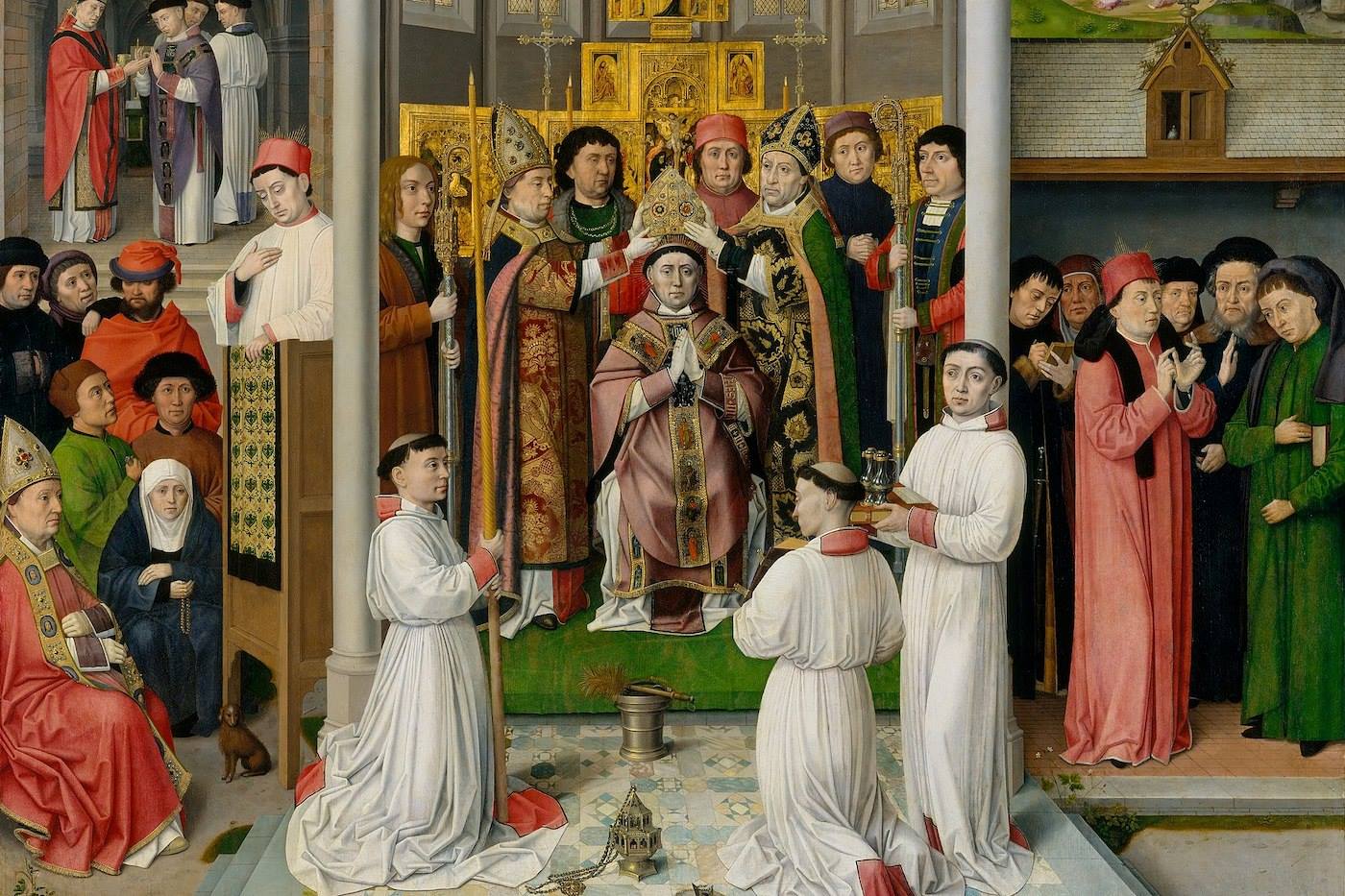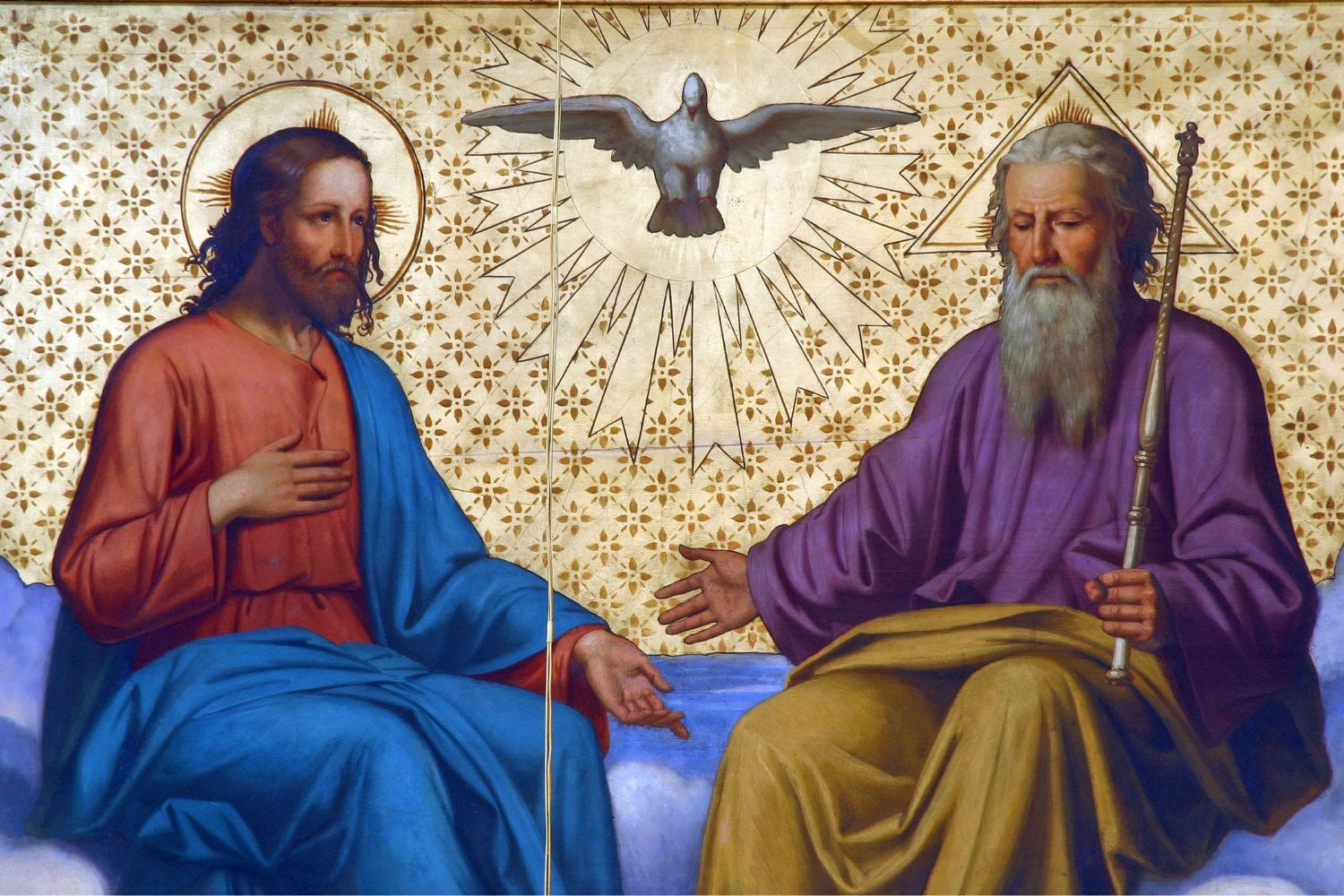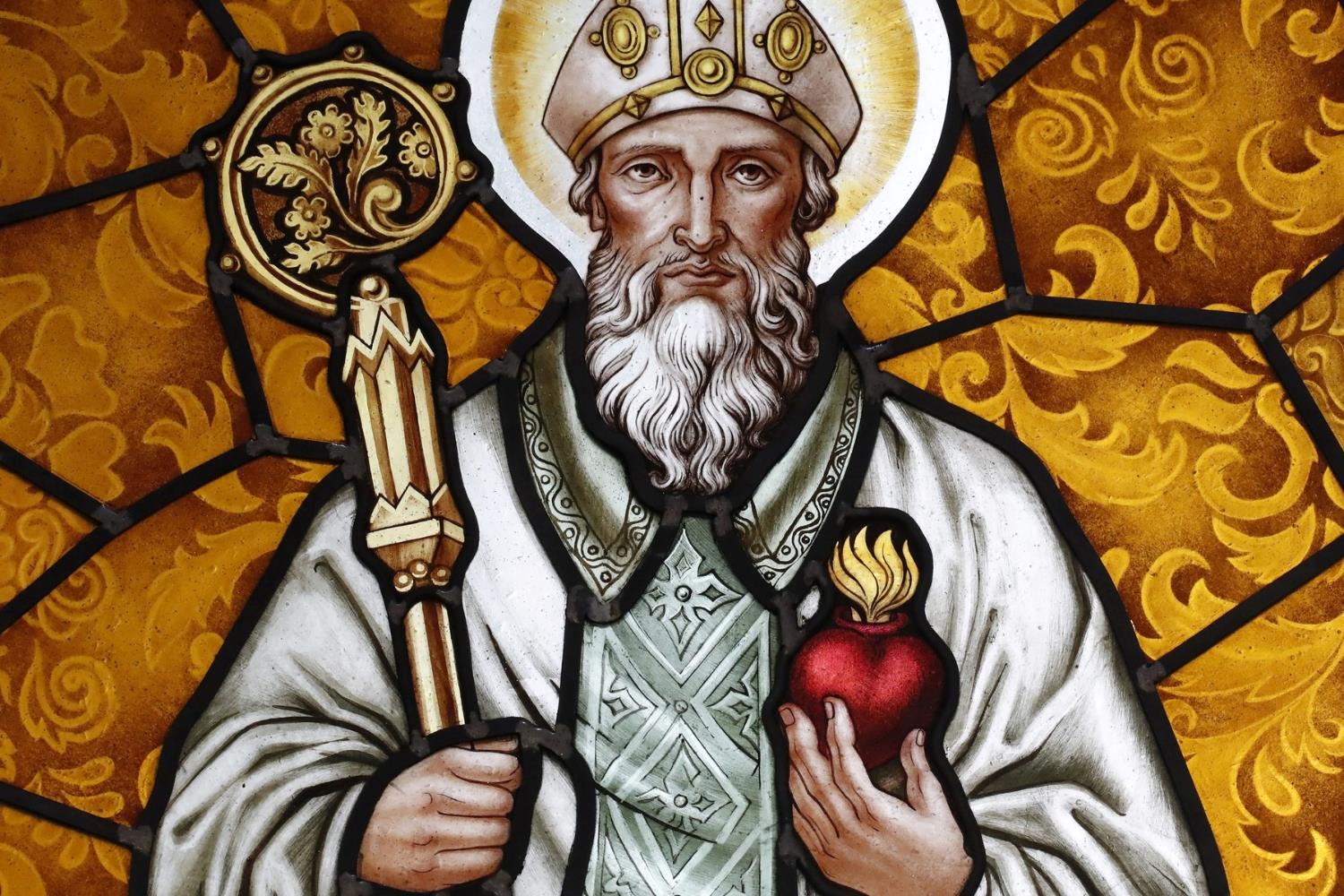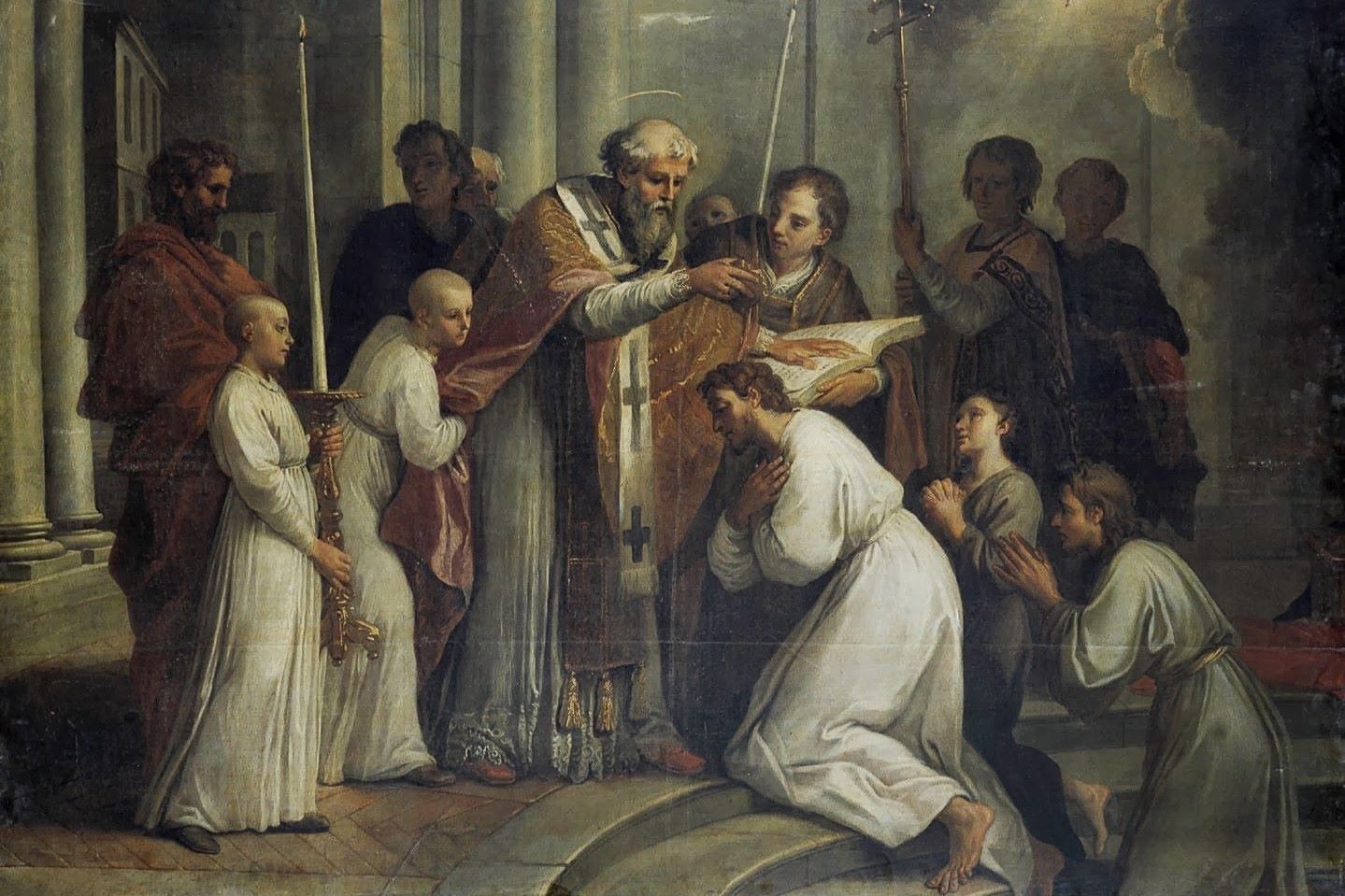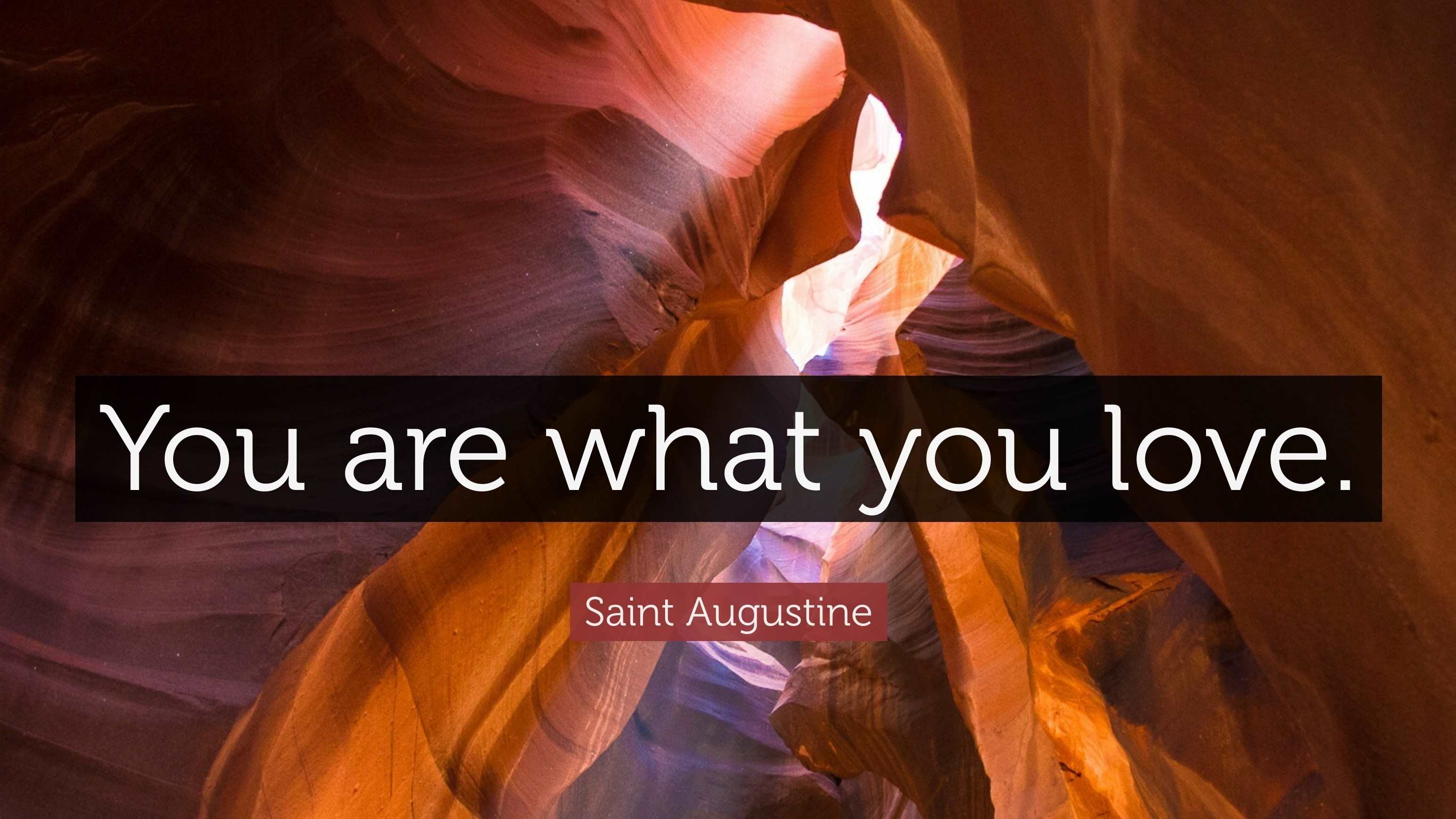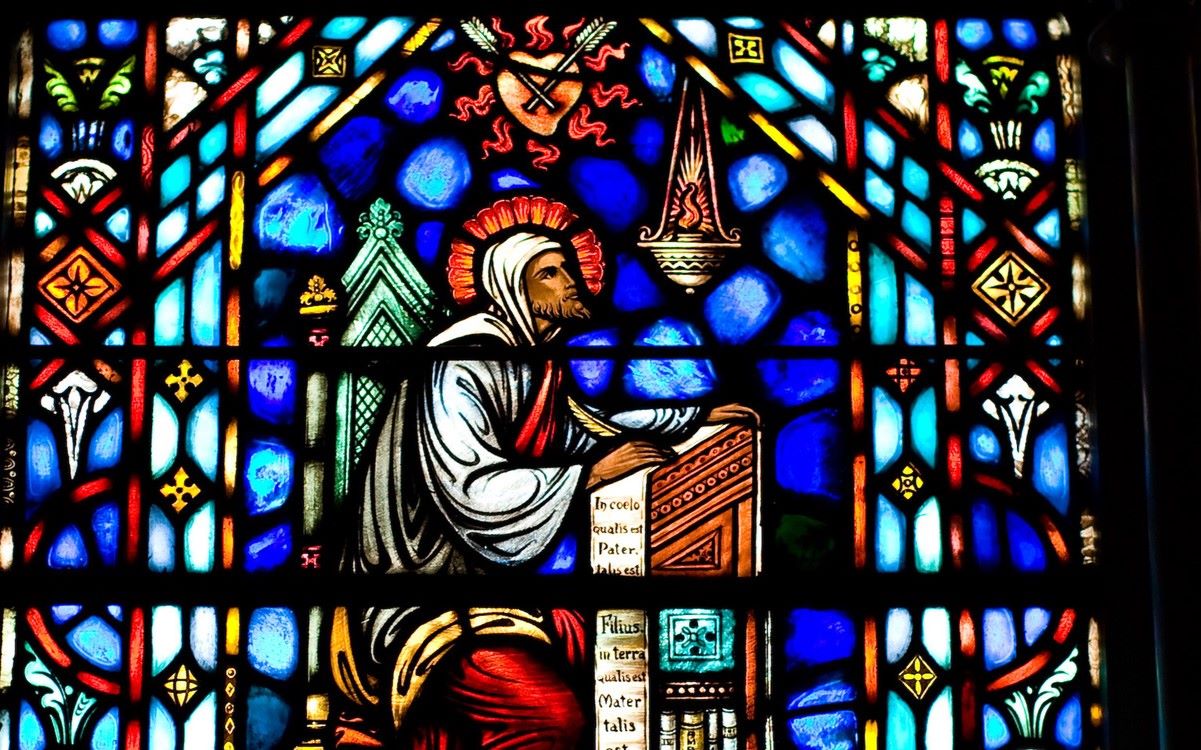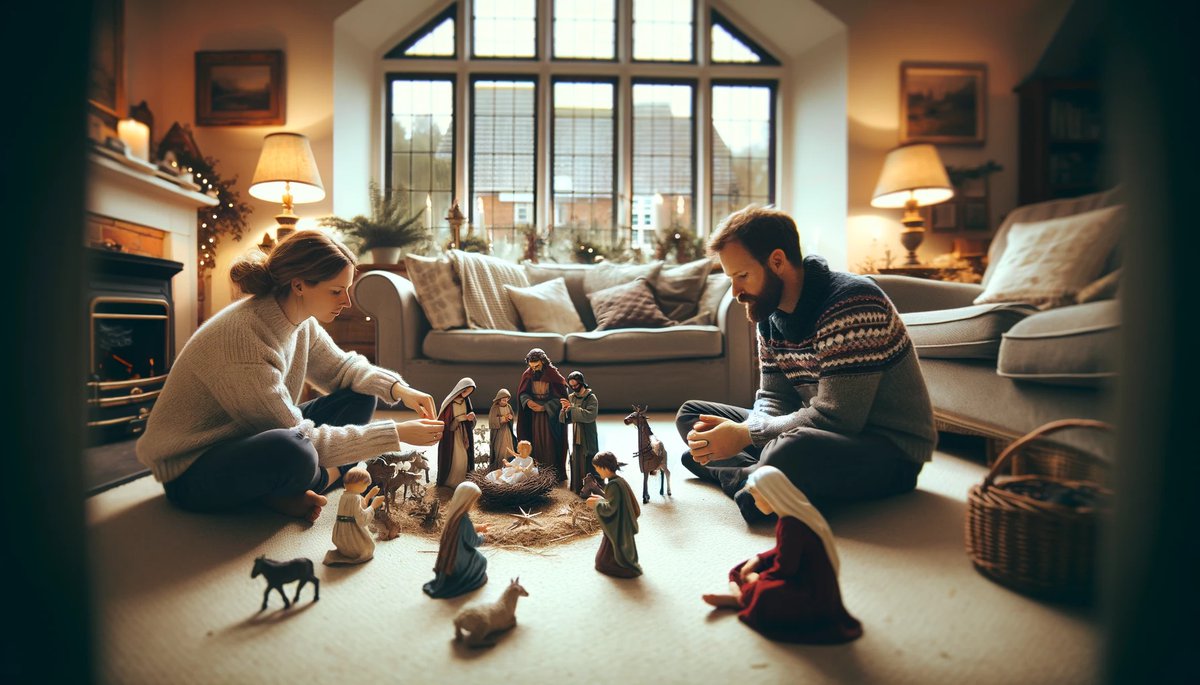Home>Theology and Spirituality>Augustine: Love And Do What You Will


Theology and Spirituality
Augustine: Love And Do What You Will
Published: February 10, 2024
Peter Smith, Editorial Director at Christian.net, combines deep insights into faith, politics, and culture to lead content creation that resonates widely. Awarded for his contributions to religious discourse, he previously headed a major organization for religious communicators, enhancing dialogue on faith's societal impacts.
Explore the profound theology and spirituality of Augustine, and discover the freedom to love and act according to your will. Delve into the wisdom of this influential figure.
(Many of the links in this article redirect to a specific reviewed product. Your purchase of these products through affiliate links helps to generate commission for Christian.net, at no extra cost. Learn more)
Table of Contents
Introduction
Augustine of Hippo, a towering figure in Christian theology, is renowned for his profound insights into the nature of love and the human will. His teachings on the interplay between love and the will have left an indelible mark on theological discourse and continue to inspire contemplation and debate among scholars and spiritual seekers alike.
Born in 354 AD in Roman Africa, Augustine's early life was marked by a fervent pursuit of worldly pleasures and a restless quest for truth and meaning. His eventual conversion to Christianity and his subsequent theological writings, including his seminal work "Confessions," reflect a deep introspection and a profound exploration of the human condition.
At the heart of Augustine's theological framework lies the concept of love as the guiding force in human existence. His understanding of love transcends mere affection or sentimentality; rather, it encompasses a profound orientation of the soul toward the ultimate good. For Augustine, love is inherently tied to the will, shaping the choices and actions of individuals in profound ways.
In this article, we delve into Augustine's concept of love and its intrinsic connection to the human will. We explore the implications of his famous dictum, "Love and do what you will," and unravel the profound wisdom encapsulated within these deceptively simple words. Through this exploration, we aim to gain a deeper understanding of Augustine's timeless teachings and their relevance to contemporary spiritual and ethical inquiries.
Augustine's Concept of Love
At the core of Augustine's theological framework lies a profound and multifaceted understanding of love. Central to his teachings is the concept of love as the fundamental driving force behind human existence. Augustine's conception of love extends far beyond mere emotional attachment or romantic sentimentality; rather, it encompasses a deep and transformative orientation of the soul toward the ultimate good.
In his exploration of love, Augustine distinguishes between two primary kinds of love: amor sui, or self-love, and amor Dei, or love of God. Amor sui, when disordered, leads to self-centeredness and moral distortion, while amor Dei, when rightly ordered, leads to a harmonious alignment with the divine will. Augustine emphasizes the pivotal role of amor Dei in guiding individuals toward moral rectitude and spiritual fulfillment.
Furthermore, Augustine expounds upon the hierarchical nature of love, positing that the proper ordering of one's loves is essential for leading a virtuous and meaningful life. According to Augustine, the highest love is directed toward God, from which all other loves derive their proper orientation and significance. This hierarchical understanding of love underscores the transformative power of amor Dei in shaping human desires and actions.
Moreover, Augustine's concept of love is intricately intertwined with his reflections on the human condition and the nature of sin. He contends that the disordered love of self, manifested in sinful inclinations and selfish pursuits, disrupts the harmony of the soul and distances individuals from the divine source of love. In contrast, the redirection of one's love toward God facilitates the restoration of moral integrity and spiritual wholeness.
In summary, Augustine's concept of love transcends the conventional understanding of affection and sentimentality, encompassing a profound reorientation of the soul toward the divine. His nuanced exploration of love as the guiding principle in human life continues to resonate across centuries, offering profound insights into the nature of human longing, moral agency, and spiritual fulfillment.
The Relationship Between Love and Will
At the heart of Augustine's theological framework lies a profound and intricate relationship between love and the human will. Augustine posits that love, particularly amor Dei (love of God), serves as the transformative force that shapes the human will and directs it toward the ultimate good. In his exploration of the human will, Augustine contends that it is inherently intertwined with the object of one's love, exerting a profound influence on the choices and actions of individuals.
Central to Augustine's understanding is the concept of the will as the faculty through which individuals pursue what they perceive as good. However, Augustine emphasizes that the nature of this perceived "good" is intimately tied to the orientation of one's love. When love is rightly ordered, directing the soul toward God, the will becomes aligned with the divine will, leading to virtuous choices and actions. Conversely, disordered love, characterized by a fixation on temporal and selfish desires, distorts the will, leading to moral waywardness and spiritual dissonance.
Augustine's elucidation of the relationship between love and will underscores the profound interplay between the soul's affections and its volitional capacity. He contends that the human will is not a detached, autonomous faculty but is deeply influenced by the orientation of one's love. This insight has significant implications for ethical and spiritual deliberations, as it highlights the inseparability of love and moral agency.
Furthermore, Augustine's teachings on the relationship between love and will emphasize the transformative power of amor Dei in reorienting the human will toward the divine. Through the redirection of love toward God, the will is liberated from the constraints of self-centered desires and is harmoniously attuned to the transcendent moral order. This alignment of love and will toward the ultimate good reflects Augustine's profound vision of human flourishing and spiritual fulfillment.
In summary, Augustine's exploration of the relationship between love and will illuminates the inseparable bond between the soul's affections and its volitional capacity. His teachings underscore the pivotal role of rightly ordered love in shaping the moral orientation of the will, offering profound insights into the dynamics of human agency and the pursuit of the ultimate good.
The Implications of "Love and Do What You Will"
Augustine's famous dictum, "Love and do what you will," encapsulates profound implications for ethical deliberations and spiritual discernment. At first glance, this statement may appear enigmatic, seemingly suggesting unchecked freedom in pursuing one's desires. However, a deeper exploration reveals the nuanced wisdom embedded within these seemingly paradoxical words.
Central to Augustine's dictum is the transformative power of rightly ordered love, particularly amor Dei, in guiding the human will toward moral rectitude and spiritual flourishing. By emphasizing the primacy of love as the guiding principle, Augustine challenges conventional notions of ethical directives based solely on rigid rules or external commands. Instead, he invites individuals to cultivate a profound orientation of the soul toward the ultimate good, wherein love becomes the wellspring from which virtuous actions naturally flow.
"Love and do what you will" underscores the inseparable connection between the orientation of one's love and the moral quality of one's actions. When love is rightly ordered, directed toward God and aligned with the divine will, the actions that stem from such love inherently reflect moral integrity and spiritual harmony. In this sense, the dictum serves as a profound invitation to cultivate a love that transcends self-interest and temporal desires, leading to a transformative alignment with the divine.
Moreover, Augustine's dictum challenges individuals to engage in a deep examination of their affections and desires, recognizing that the objects of their love profoundly shape their moral agency. By fostering a love that is harmoniously attuned to the divine, individuals are called to discern and pursue what is truly good, rooted in a transcendent moral order rather than fleeting impulses or self-serving inclinations.
Furthermore, "Love and do what you will" invites individuals into a dynamic process of spiritual formation, wherein the cultivation of amor Dei becomes the transformative catalyst for moral growth and virtuous living. It beckons individuals to embark on a journey of aligning their will with the divine will, guided by a love that seeks the highest good for oneself and others.
In essence, Augustine's dictum challenges individuals to embrace a profound reorientation of the soul, wherein love becomes the guiding principle that shapes the will and informs ethical discernment. It beckons individuals to embark on a transformative journey of cultivating a love that transcends self-interest and temporal desires, leading to a harmonious alignment with the divine will. Through this lens, "Love and do what you will" emerges as a profound invitation to embrace a love that embodies the highest virtues and leads to the flourishing of the human spirit.
Conclusion
In conclusion, Augustine's profound insights into the interplay between love and the human will offer timeless wisdom that continues to resonate in theological, ethical, and spiritual discourses. His concept of love as the transformative force that shapes the human will and guides moral agency underscores the profound interconnectedness of the soul's affections and its volitional capacity. Augustine's hierarchical understanding of love, with amor Dei at its pinnacle, invites individuals to reorient their loves toward the ultimate good, thereby fostering moral integrity and spiritual fulfillment.
The implications of Augustine's famous dictum, "Love and do what you will," challenge individuals to embark on a transformative journey of cultivating a love that transcends self-interest and temporal desires, leading to a harmonious alignment with the divine will. This dictum serves as a profound invitation to embrace a love that embodies the highest virtues and leads to the flourishing of the human spirit. It beckons individuals to engage in a deep examination of their affections and desires, recognizing that the objects of their love profoundly shape their moral agency.
Moreover, Augustine's teachings on the relationship between love and will emphasize the transformative power of amor Dei in reorienting the human will toward the divine. Through the redirection of love toward God, the will is liberated from the constraints of self-centered desires and is harmoniously attuned to the transcendent moral order. This alignment of love and will toward the ultimate good reflects Augustine's profound vision of human flourishing and spiritual fulfillment.
In essence, Augustine's enduring legacy lies in his invitation to embrace a love that transcends self-interest and temporal desires, leading to a transformative alignment with the divine will. His teachings continue to inspire individuals to embark on a journey of moral and spiritual growth, guided by the transformative power of rightly ordered love. As we contemplate Augustine's profound insights, we are invited to heed the timeless wisdom encapsulated in his dictum, "Love and do what you will," and to embark on a journey of cultivating a love that embodies the highest virtues, leading to the flourishing of the human spirit.
